
Do you have a stinky cat? Cats are generally known for their cleanliness. Most are fastidious self-groomers, which keeps them free of dirt and odors. However, you may sometimes find that your cat smells bad.
Perhaps your cat smells like pee or has bad breath. Maybe the smell ise coming from its rear end. Although some cat odors are harmless or easy to fix, others can mean there is a health problem. Here's what to know about these different types of odors—and how to help treat them.
The best way to figure out why your cat stinks is to determine the source of the odor. Is your cat just stinky around the head or face? The rear end? Do you notice an odor on a particular part of the coat or does it seem to be all over? Asking these questions is the first step in addressing the problem with your stinky cat. Once you know where to odor is coming from, you will have a better chance of helping your cat.
There are several potential reasons for bad odors in cats. Once you can determine the location of the odor, you may be able to figure out the root cause. In many cases, your cat will need to go to the veterinarian. If you are unable to determine the source of the odor, it's still important to contact your vet.
Some people assume it's normal for cats to have bad breath or halitosis. However, consistent bad breath in cats is usually a sign of a health problem. Temporary mouth odors may be caused by something the cat ate.
Dental disease is probably the most common cause of bad breath in cats. Plaque and tartar buildup has a foul odor due to its bacteria content. The buildup can cause gingivitis and lead to gum disease, leading to tooth loss.
Ulcers, growths, and wounds in the mouth can develop an unpleasant odor if left untreated. Bacteria in the mouth can make these worse. These lesions may be caused by stomatitis or some other problem. Not only are these very bad-smelling, but they are usually also very uncomfortable for the cat. Mouth odor can also develop with severe kidney disease or unregulated diabetes.
If the foul odor is coming from the area around the base of the tail, chances are it's a problem around the anus. Seek veterinary medical care if you suspect the following conditions below:
Flatulence is normal in humans and animals, and cats are no exception. If your cat is passing gas frequently or it has an extremely bad smell, there may be a gastrointestinal problem.
Diarrhea can leave traces of loose stool around the rear end. It may be difficult for the cat to keep up with grooming if diarrhea keeps happening. If your cat has had diarrhea for two or more days, it's time to see a veterinarian.
Constipation causes stool to back up in the colon, making the cat strain to defecate. The hard, impacted stool might not pass, but sometimes liquid stool can pass. This can get on your cat around the rear end and tends to smell especially foul. This is a very uncomfortable situation for the cat and is sometimes a sign of a more serious health issue.
Anal glands are tiny sacs located just outside a cat's anus. They contain an oily, putrid, somewhat fishy-smelling fluid that is normally expressed during defecation. The fluid may also be released during acute fear, stress, or excitement (similar to a skunk's scent glands). In some cases, the anal glands can become inflamed, infected, or impacted. Some of the fluid can seep out, leaving a very foul odor on a cat that doesn't seem to go away. These cats may scoot and rub their rear ends or lick the anus obsessively.
Perianal fistulas are wounds in and around the anal area that have a tunnel-like structure. Though these are relatively uncommon in cats they can be very serious. Perianal fistulas as extremely uncomfortable and highly malodorous. They can lead to or occur in conjunction with other GI problems and often require surgical treatment.
If your cat's odor seems to be coming from all over the body, then it might be a problem with the skin and coat. A bath may help if your cat is noticeably dirty. However, if your cat looks relatively clean, there may be something deeper going on. Seek veterinary medical care to address the skin condition in your cat.
Skin infections can cause a cat to have a bad smell all over. If the infection is serious, the cat may have a thinning coat and visibly irritated skin. You may notice a greasy, smelly coating on your hands after petting a cat with a major skin infection. The odor is typically caused by bacterial or fungal overgrowth.
Wounds on the skin may stay hidden under the hair and become infected. This may cause a foul-smelling discharge (pus) to seep out of the wound. If your cat's body smells bad and you can't seem to find the source, try running your fingers through the coat and looking for wounds. If you find one, see your vet as soon as possible.
Ear infections are caused by an overgrowth of yeast, bacteria, or ear mites in the ears. Beside scratching and head-shaking, you may notice that your cat's ears smell horrible. Have a look inside to see if there is debris present as this is often a sign of an ear infection. Be sure to visit your vet soon to determine if an ear infection is present and to begin appropriate treatment.
Cat urine has a very strong ammonia-like smell that can smell even worse when there is a problem. Urinary tract infections can cause the urine to smell especially putrid. Incontinence or the inability to control urination can result in your cat smelling like urine or pee. If your cat smells like urine, it's important to see the vet to determine the cause.
If your cat is straining to urinate but not passing urine, this is an emergency. Your cat may be blocked. Urinary obstructions are extremely life-threatening. Bring your cat to the nearest open vet immediately.
Remember that cats are experts at masking illness. By the time you notice any signs of illness, things might be very serious. Be sure to contact your vet at the earliest signs of illness or if you detect an unusual odor that is not going away.
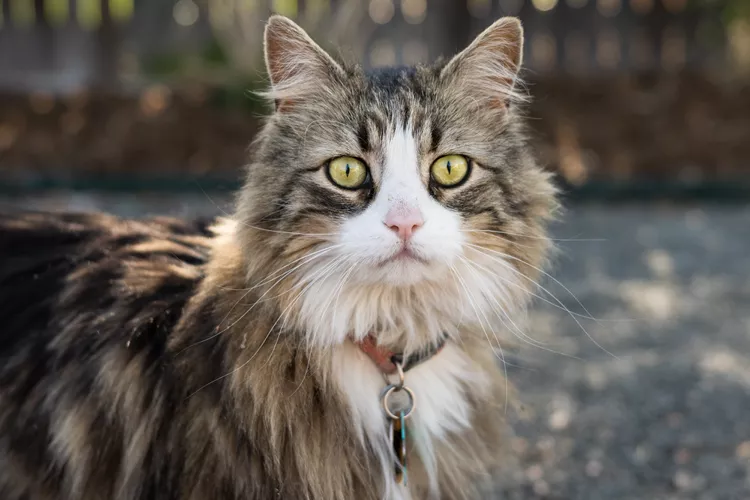
75 Unisex Cat Names
Our gender neutral cat names perfect for your feline friend, with a diverse selection of fun and inclusive options to fit your pet's disposition.
Why Does My Cat Stink?
Is your cat stinky? Find out about the causes of bad odors in cats and when it is something to be concerned about. Learn how to help your stinky cat.
Signs of Rabies in Cats
Rabies is a fatal and contagious virus that can affect cats. Learn about the signs of rabies in cats and what to do about them.
Can Cats Eat Dog Food?
Can cats eat dog food? In small amounts, it's unlikely to be a problem, but long-term feeding of dog food to cats can cause health issues and malnutrition.
Exploring the Different Types of Pet-Friendly Beaches
Are you looking for pet-friendly beaches? Learn about the different types of pet-friendly beaches, their locations, and tips for visiting them with your pet.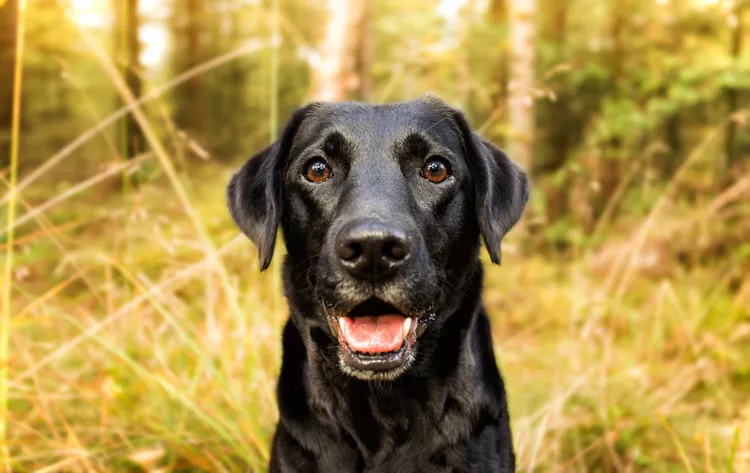
Pulled Muscles in Dogs
A pulled muscle is one of the most common injuries seen in dogs. What can you do if your dog pulls a muscle and how can you prevent it?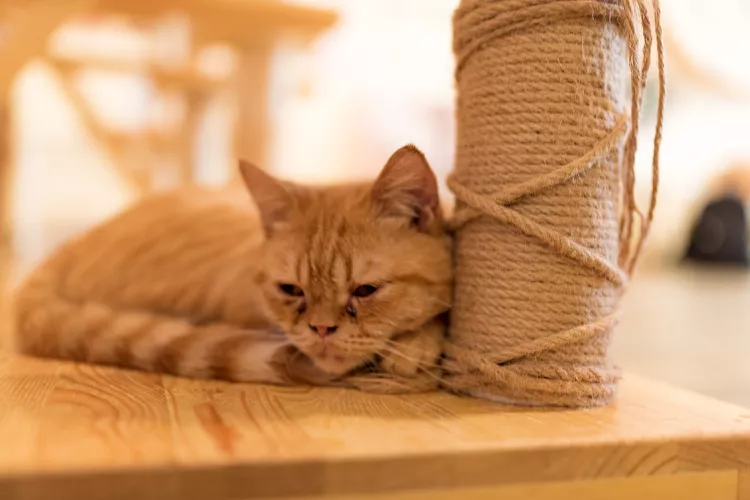
Fibrosarcoma in Cats
Fibrosarcomas are potentially fatal soft tissue tumors that can occur in cats. Learn the causes, treatment, and prevention.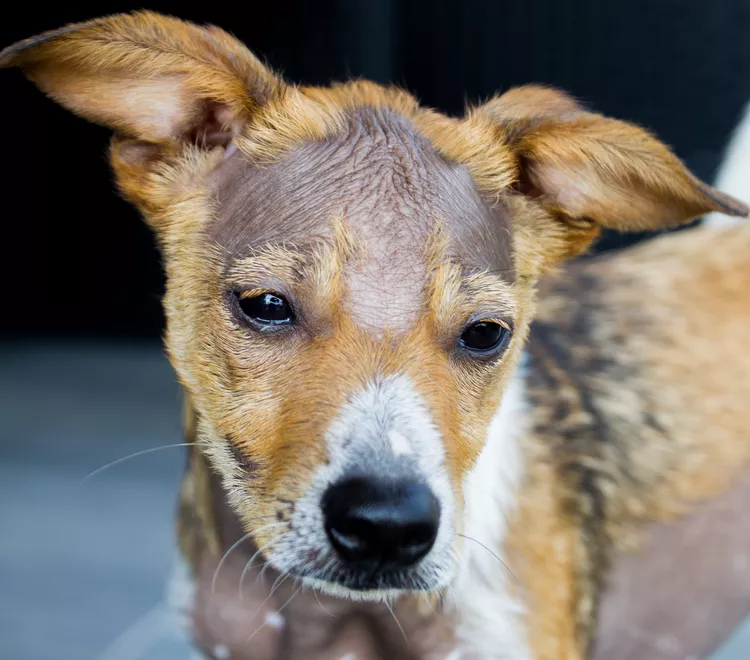
Alopecia in Dogs
Alopecia leads to hair loss and bald spots in dogs. Some breeds may be more at risk. Learn common causes, treatment, and prevention of dog alopecia.
Is Acetaminophen Safe for Dogs?
Acetaminophen is used by humans for pain and fever relief, but is it safe for dogs? Here's what you need to know before giving your dog acetaminophen.
Can Dogs Eat Almonds? Understanding the Risks and Guidelines
Can dogs eat almonds? While a couple likely won't hurt, it's best to avoid feeding your dog this nut. Learn the risks here.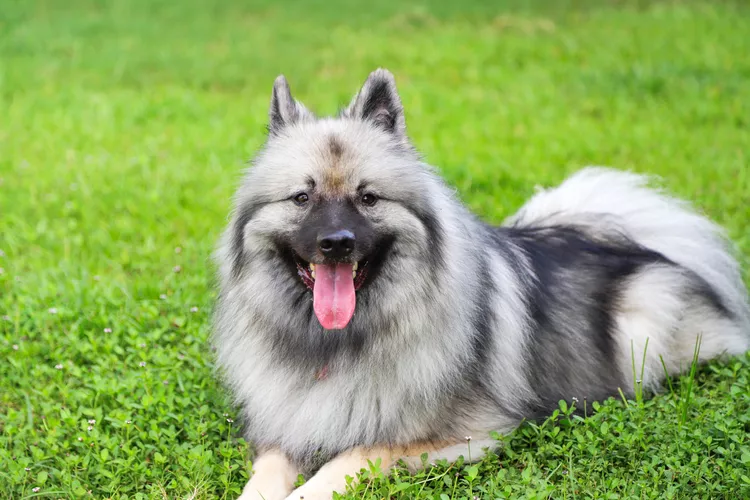
Keeshond: Dog Breed Characteristics & Care
Learn about the keeshond dog, also known as the Dutch Barge Dog. This fluffy spitz breed was bred to guard, but also makes a friendly companion.
Is Rosemary Safe for Dogs?
Rosemary is used both for cooking and as a supplement with many reported health benefits in people, so you may be wondering if it is safe to give to your dog. Rosemary is considered non-toxic for dogs but with some caveats.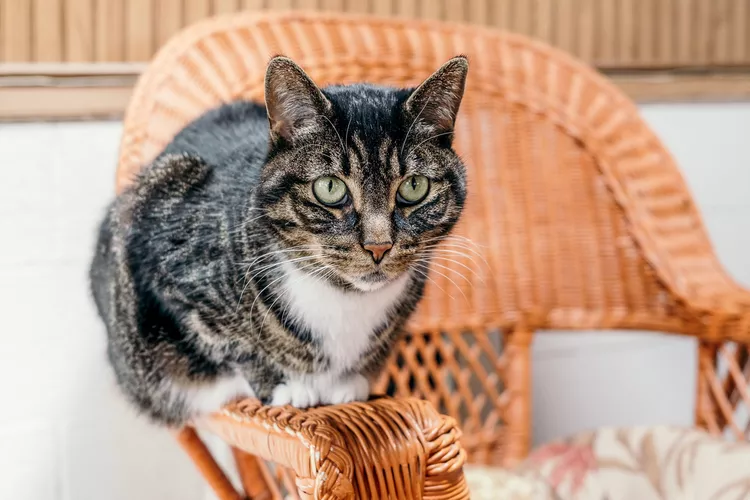
7 Hybrid Cats Breeds
Hybrid cat breeds can make appealing pets since they look more exotic than domestic house cats, but they aren't for everyone.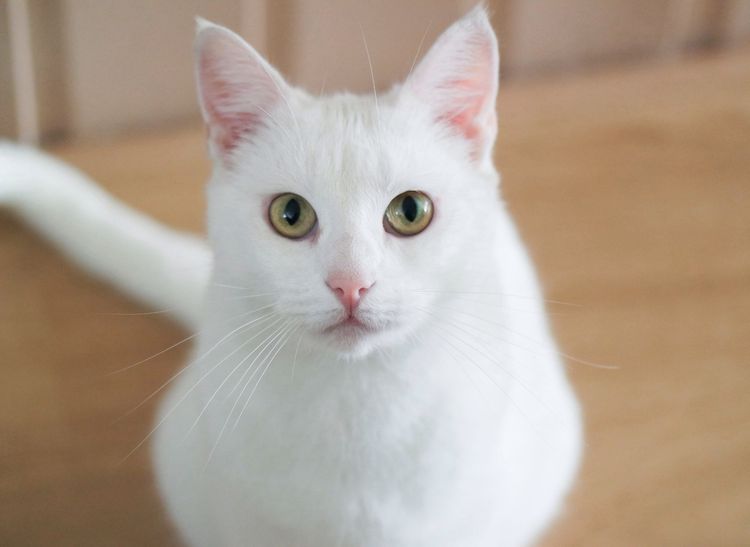
The Best White Cat Breeds to Keep as Pets
Several breeds can result in white cats with long or short hair. Find out the pros and cons of these white cat breeds.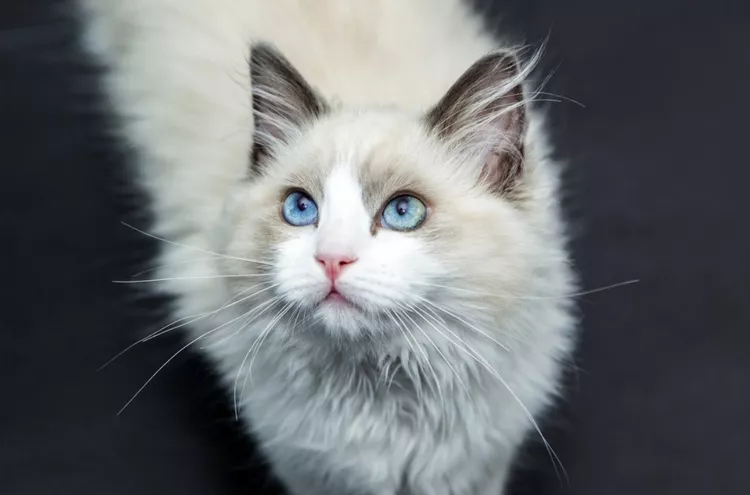
11 Cute Pictures of Ragdoll Cats
Ragdoll cats are known for their beautiful coats and bright, blue eyes. Learn all about the breed, and check out some cute pictures here.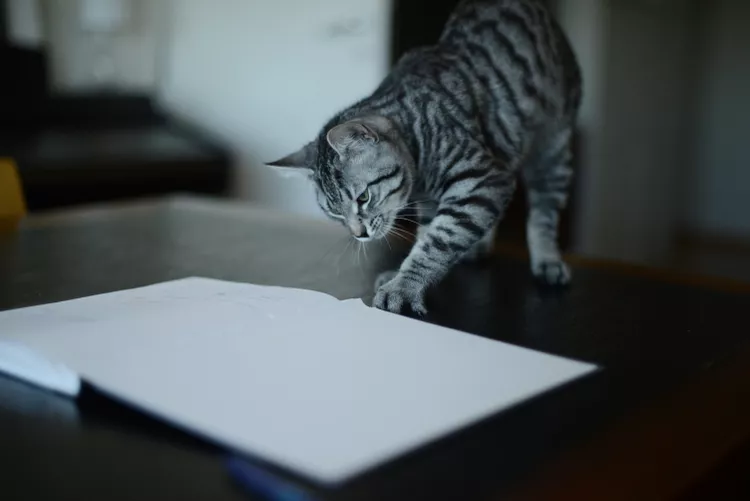
7 Reasons Why Your Cat Eats Paper, and How to Stop It
Is your cat eating paper? Learn why your cat is doing this, and find out how to put a stop to it.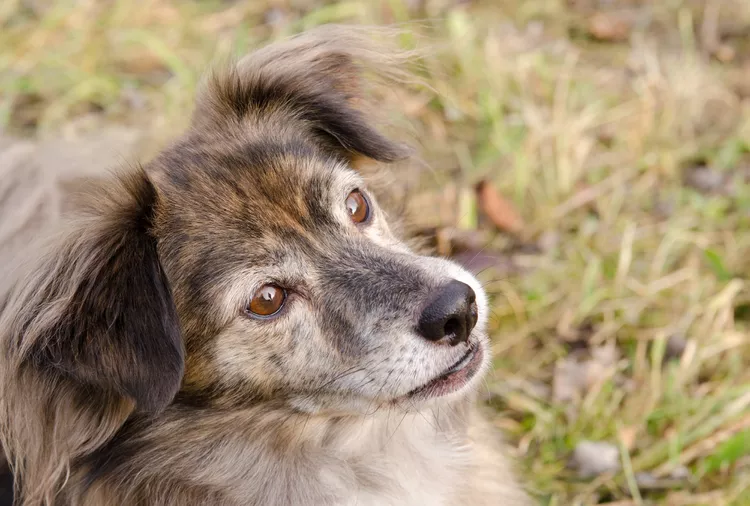
Feist: Dog Breed Characteristics & Care
Feists are small, short-haired dogs developed to hunt squirrels and catch vermin. These high-energy, affectionate pooches make great companion animals.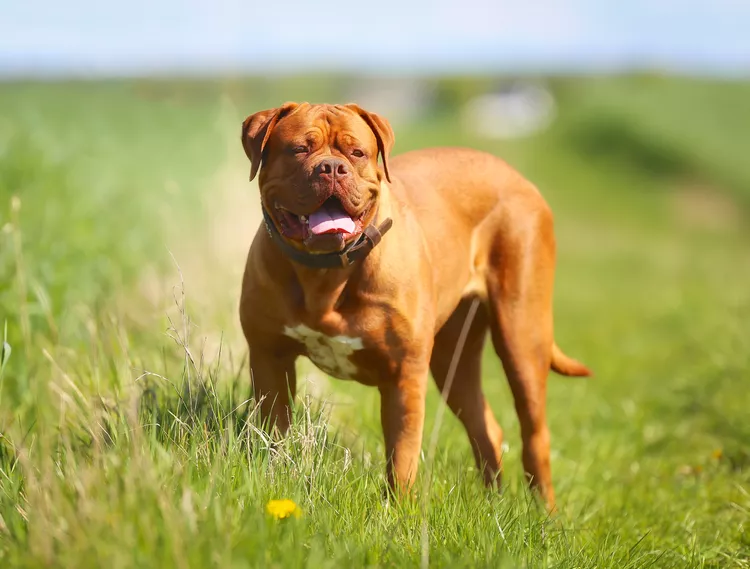
Dogue de Bordeaux (French Mastiff): Dog Breed Characteristics & Care
Learn about the Dogue de Bordeaux, also called the French mastiff. Although large and muscular, they’re known for their calm and gentle personality.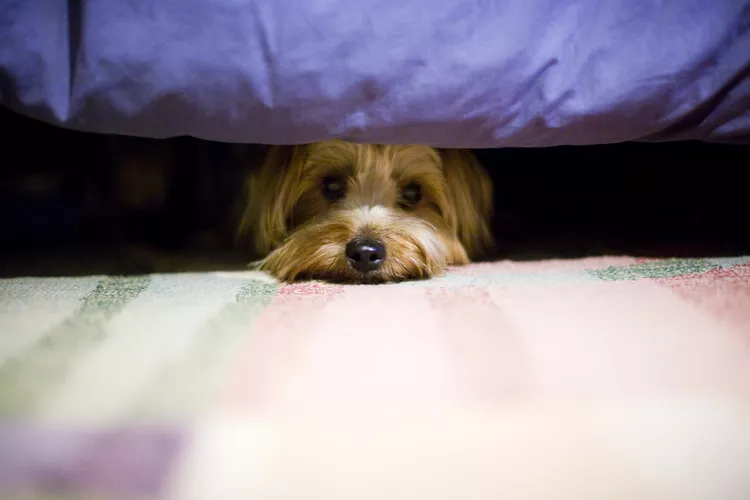
How to Stop Your Dog From Fearing Men
Many dogs have a phobia of men. Learn how to help your dog overcome its fear through desensitization and training while keeping everyone safe.
Why Dogs Eat Poop and How to Stop Them
Is your dog eating poop? Some dogs do this because of stress or illness. Learn how to prevent stool eating, or coprophagia, in dogs.